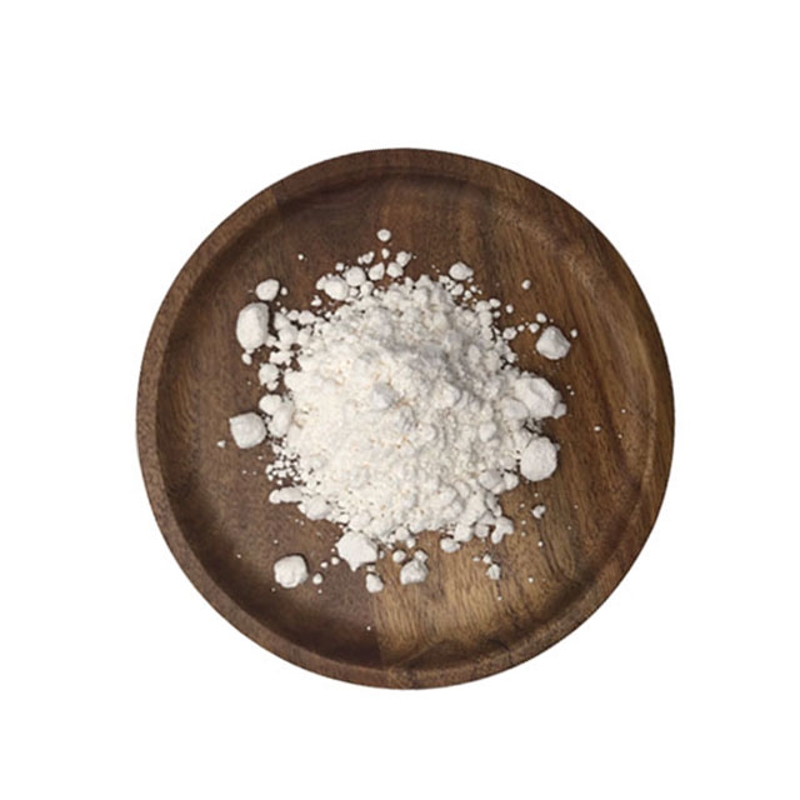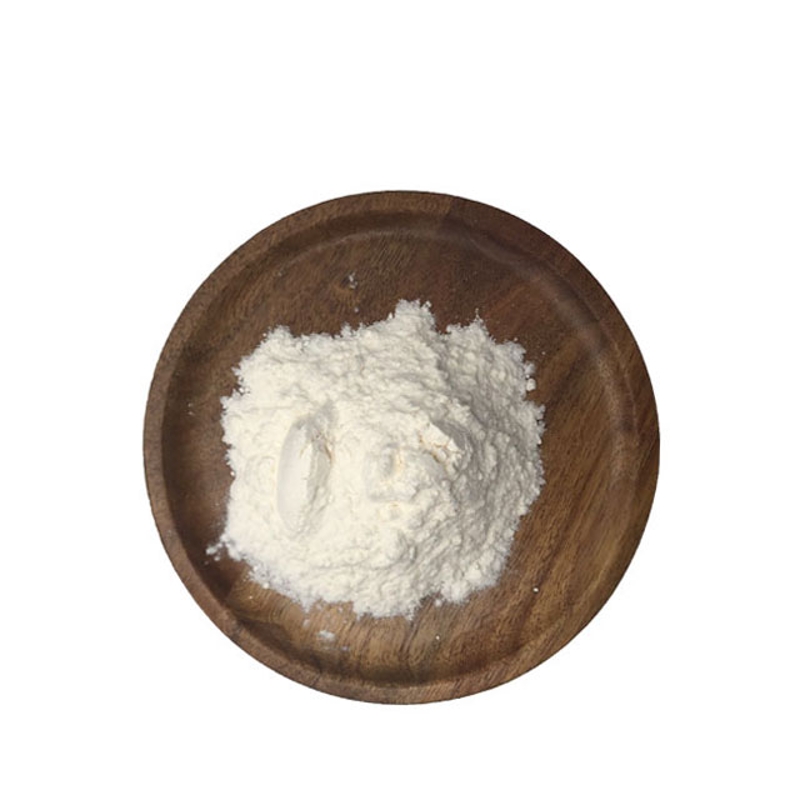-
Categories
-
Pharmaceutical Intermediates
-
Active Pharmaceutical Ingredients
-
Food Additives
- Industrial Coatings
- Agrochemicals
- Dyes and Pigments
- Surfactant
- Flavors and Fragrances
- Chemical Reagents
- Catalyst and Auxiliary
- Natural Products
- Inorganic Chemistry
-
Organic Chemistry
-
Biochemical Engineering
- Analytical Chemistry
- Cosmetic Ingredient
-
Pharmaceutical Intermediates
Promotion
ECHEMI Mall
Wholesale
Weekly Price
Exhibition
News
-
Trade Service
In 1901, Karl Landsteiner discovered the ABO blood type
In 1901, Karl Landsteiner discovered the ABO blood type
Carl Landsteiner
Carl Landsteiner
As early as 1953, it was discovered that blood type A was related to the occurrence of gastric cancer .
As early as 1953, it was discovered that blood type A was related to the occurrence of gastric cancer .
However, the epidemiological data of Asian populations, especially prospective cohort studies, are very scarce, especially in China
Since 1986, more than 18,000 volunteers have been recruited in the Shanghai area of China, and these people have been followed up for more than 20 years, revealing the mystery between Chinese blood types and tumors
doi: 10.
doi: 10.
Among the more than 18,000 volunteers, 32% were blood type O, 31% were type A, type B accounted for 27%, and type AB accounted for 10%
Among the more than 18,000 volunteers, 32% were blood type O, 31% were type A, type B accounted for 27%, and type AB accounted for 10%
Lymphoma , leukemia, and sarcoma are the remaining less common , accounting for 4%
Lymphoma , leukemia, and sarcoma are the remaining less common ones , accounting for 4%
doi: 10.
doi: 10.
Compared with the blood type A, non-A blood type human digestive risk of tumors decreased by about 20%, including the stomach and in colorectal cancer
.
Among them, the risk of gastric cancer and colorectal cancer is reduced by 25% and 22% for people with blood type B, 24% and 32% for blood type AB, and blood type O is not significantly different from blood type A in terms of gastric and bowel cancer.
Difference
.
A blood type non digestive system cancer risk by about 20%, digestion of colorectal cancer
Coincidentally, studies conducted in Western populations have consistently shown that individuals with type A blood have a higher risk of gastric cancer
.
Another study in northern China found that patients with blood type A have a 30-40% higher risk of gastric precancerous lesions than patients with other blood types
.
A prospective cohort study conducted in the Taiwanese population also showed that blood type A can increase the risk of gastric cancer by 38%
.
.
Another study in northern China found that patients with blood type A have a 30-40% higher risk of gastric precancerous lesions than patients with other blood types
.
A prospective cohort study conducted in the Taiwanese population also showed that blood type A can increase the risk of gastric cancer by 38%
.
Patients with blood type A have a 30-40% higher risk of gastric precancerous lesions than patients with other blood types
.
Type A blood can increase the risk of stomach cancer by 38%
.
Experimental studies have shown that the expression of ABO blood group antigens on digestive tract cells is highly correlated with cell proliferation and movement
.
These data indicate that ABO blood group antigens are directly involved in the occurrence and metastasis of gastrointestinal tumors
.
.
These data indicate that ABO blood group antigens are directly involved in the occurrence and metastasis of gastrointestinal tumors
.
ABO blood group antigen is directly involved in the occurrence and metastasis of gastrointestinal tumors
.
In addition, in liver cancer, the risk of AB blood type is the highest, 42% higher than the risk of non-AB blood type, especially 45% higher than the A blood type
.
However, blood type AB and O can reduce the risk of pancreatic cancer: Compared with blood type A, people with blood type AB and O have a 17% and 15% lower risk of pancreatic cancer
.
.
People with AB blood group have the highest risk, 42% higher than the risk of non-AB blood group, especially 45% higher than A blood group
.
However, blood type AB and O can reduce the risk of pancreatic cancer: Compared with blood type A, people with blood type AB and O have a 17% and 15% lower risk of pancreatic cancer
.
Another large study of 100,000 people in the United States also found that people with blood type O have the lowest risk of pancreatic cancer among all blood types.
Compared with this, the risk of type AB increased by more than half, and the risk of type A blood was increased by more than half.
It is 32% higher, and the risk of type B blood increases by 72%
.
Type O blood has also been regarded as a protective factor for pancreatic cancer
.
Compared with this, the risk of type AB increased by more than half, and the risk of type A blood was increased by more than half.
It is 32% higher, and the risk of type B blood increases by 72%
.
Type O blood has also been regarded as a protective factor for pancreatic cancer
.
People with blood type O have the lowest risk of pancreatic cancer of all blood types
Type B blood is related to reducing the risk of bladder cancer
.
Compared with type A blood, people with type B blood have a 36% lower risk of bladder cancer
.
AB or O blood type of bladder cancer risk and blood type A considerable
.
In addition, the ABO blood type has nothing to do with the risk of lung cancer, prostate cancer, skin cancer, bone cancer, and connective tissue tumors
.
.
Compared with type A blood, people with type B blood have a 36% lower risk of bladder cancer
.
AB or O blood type of bladder cancer risk and blood type A considerable
.
In addition, the ABO blood type has nothing to do with the risk of lung cancer, prostate cancer, skin cancer, bone cancer, and connective tissue tumors
.
People with type B blood have a 36% lower risk of bladder cancer
These findings generally indicate that blood group B antigens are associated with lower tumor risk
.
In addition to cancer, the stomach cancer, colon cancer, and urothelial carcinoma, lower than the blood type B blood type A risk
.
It has been found that ABO blood group antigens are also present on epithelial and urothelial cells of the gastrointestinal tract, which may be a potential link between them and blood types
.
.
In addition to liver cancer, in stomach cancer, bowel cancer, and urothelial cancer, blood type B has a lower risk than type A blood.
Type B blood has a lower risk than type A blood
.
It has been found that ABO blood group antigens are also present on epithelial and urothelial cells of the gastrointestinal tract, which may be a potential link between them and blood types
.
From the perspective of tumor pathology, compared with type A, the risk of adenocarcinoma of type B and AB is reduced by about 16%
.
When comparing Type A and Type O together, people with blood type B and AB have a 11% lower risk of adenocarcinoma
.
In addition, compared with type A blood, blood type AB and O blood are associated with a lower risk of sarcoma, lymphoma or leukemia, and the risk is reduced by about 24 to 28%
.
.
When comparing Type A and Type O together, people with blood type B and AB have a 11% lower risk of adenocarcinoma
.
In addition, compared with type A blood, blood type AB and O blood are associated with a lower risk of sarcoma, lymphoma or leukemia, and the risk is reduced by about 24 to 28%
.
In terms of gynecological tumors, China has also done an investigation
.
The results of the study show that the risk of breast cancer is significantly increased for people with AB blood type , which indicates that the transformation of normal breast cells to cancer cells may be related to A or B antigens
.
.
The results of the study show that the risk of breast cancer is significantly increased for people with AB blood type , which indicates that the transformation of normal breast cells to cancer cells may be related to A or B antigens
.
AB blood type who suffer from breast cancer is significantly increased the risk of breast cancer
In addition, people with blood type B have a higher risk of cervical cancer than others , indicating that B antigen may be involved in the process of normal cervical cells transforming into cancer cells
.
.
People with blood type B have a higher risk of cervical cancer than others
Ovarian cancer has little relationship with blood type, which may indicate that A and B antigens are not related to the malignant transformation of ovarian cells
.
.
Ovarian cancer
Although there are various studies on the relationship between blood types and cancer, they are still mainly limited to the statistical level, and there are few studies on how blood types affect the occurrence and development of cancer
.
Therefore, the use of blood group antigens to prevent cancer still has a long way to go
.
.
Therefore, the use of blood group antigens to prevent cancer still has a long way to go
.
prevention
Although blood type is related to cancer, there is no need to panic, because the biological characteristics of tumors are complicated and require the joint action of environment and genes to occur.
Good living habits and normalized physical examinations in daily life can completely enable us to detect and early Treatment
.
Good living habits and normalized physical examinations in daily life can completely enable us to detect and early Treatment
.
references:
references:1.
Joyce Yongxu Huang, et al.
ABO blood type and the risk of cancer-Findings from the Shanghai Cohort Study.
PLoS One.
2017;12(9):e0184295.
doi: 10.
1371/journal.
pone.
0184295.
Joyce Yongxu Huang, et al.
ABO blood type and the risk of cancer-Findings from the Shanghai Cohort Study.
PLoS One.
2017;12(9):e0184295.
doi: 10.
1371/journal.
pone.
0184295.
Leave a message here







